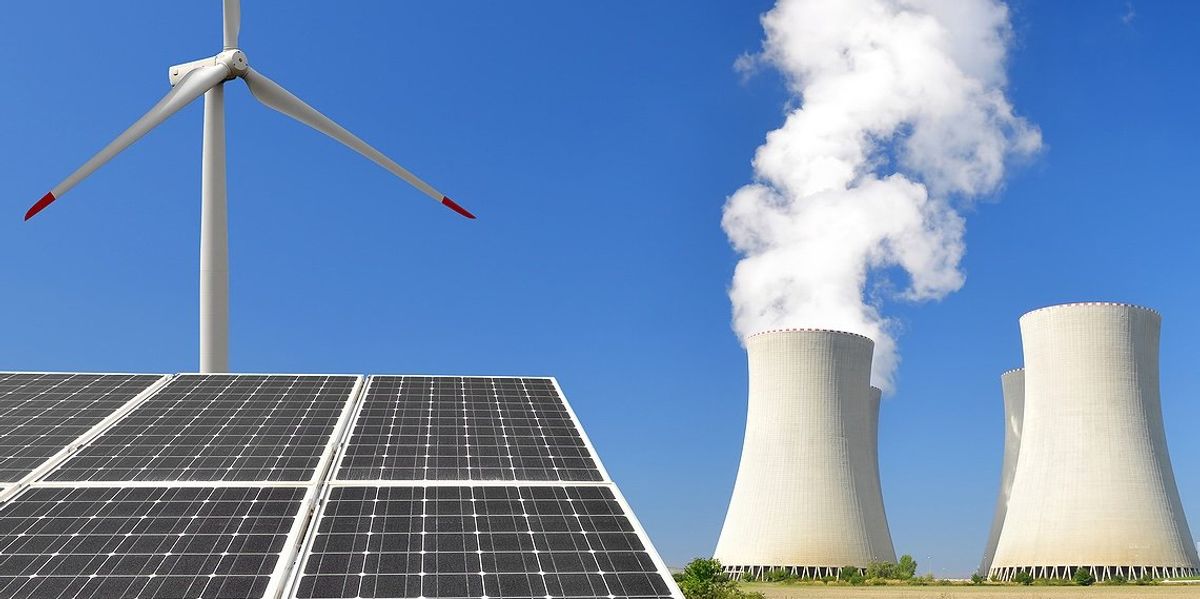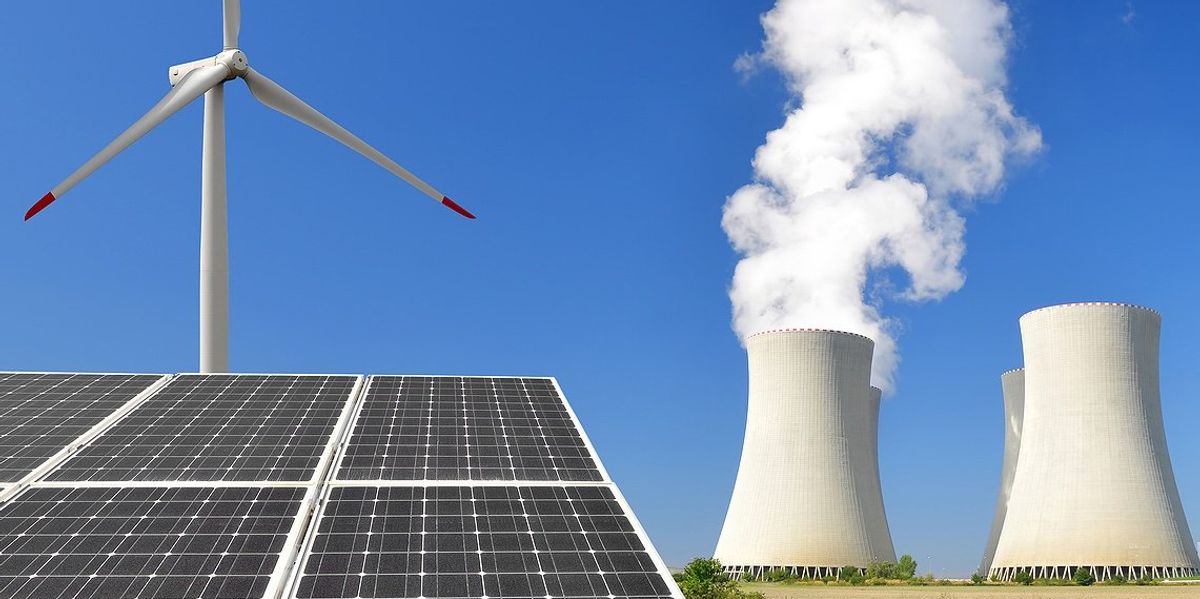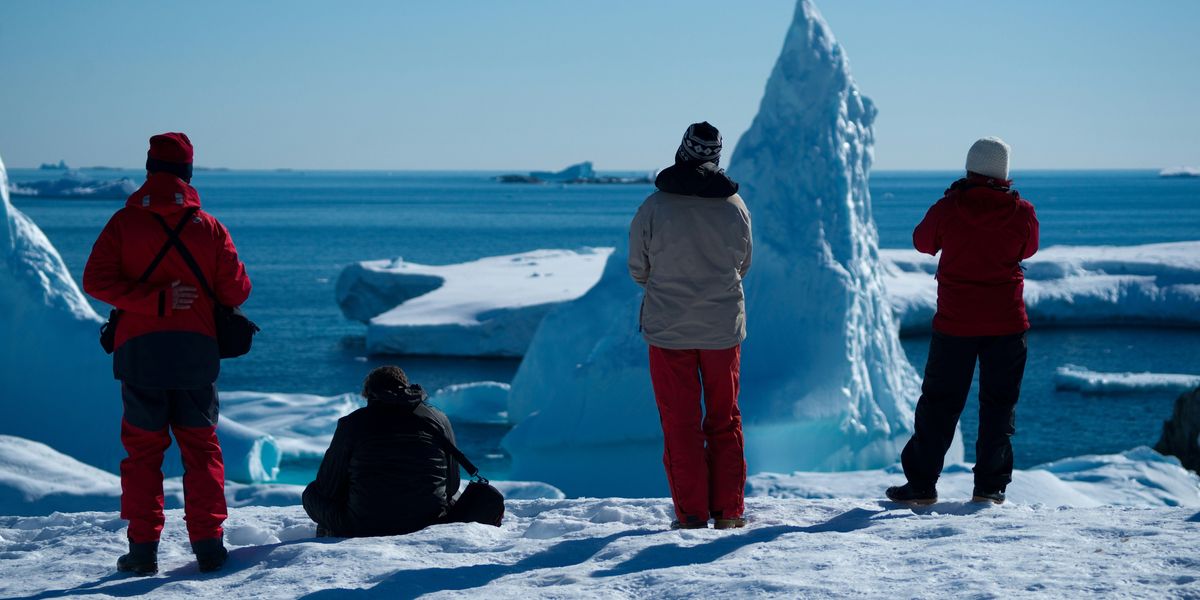
Tesla’s hunger for nickel clashes with New Caledonia’s biodiversity crisis
The demand for nickel to power electric vehicle batteries is driving mining expansion in New Caledonia, threatening the unique biodiversity of one of the world’s most ecologically rich regions.
Ben Crair reports for The New Yorker.
In short:
- New Caledonia holds a quarter of the world’s nickel resources, a critical material for EV batteries and companies like Tesla rely on its mines to fuel the green transition.
- The island is home to thousands of endemic species, many of which are found nowhere else, yet nickel mining is razing rainforests that took centuries to grow.
- Scientists warn that mining could accelerate species extinction, making New Caledonia’s forests a battleground between biodiversity conservation and climate change mitigation.
Key quote:
“Climate change is not the principal driver of current population declines or species extinctions… habitat loss is.”
— 2021 study by conservation biologists
Why this matters:
The green energy transition risks eroding global biodiversity if critical habitats are sacrificed for materials like nickel. While the world races toward a cleaner future, the price is being paid in the silence of disappearing species and razed rainforests. Read more: In push to mine for minerals, clean energy advocates ask what going green really means.













